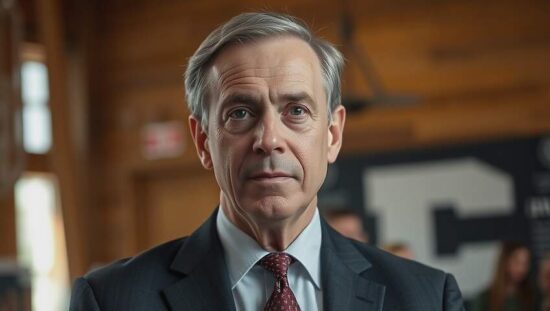A prominent voice within the Christian Democratic Union (CDU) is advocating for a recalibration of Germany’s climate policy, sparking a public debate about the balance between environmental goals and economic stability. Andreas Jung, Deputy Chairman of the CDU and the larger center-right “Union” parliamentary group, has publicly stated the imperative of aligning climate protection with economic prosperity and job preservation.
Jung’s intervention comes in response to proposals from Environment Minister Carsten Schneider (SPD), who has suggested extending the issuance of emission allowances to industry beyond the previously established 2039 deadline. Jung voiced his support for this measure, emphasizing the need to safeguard the competitiveness of German industries – a key concern within the CDU. The proposed extension, culminating in allowance distribution up to 2045, positions the measure as compatible with Germany’s ambition of achieving climate neutrality by that year.
While some within the CDU have expressed reservations about pursuing ambitious climate goals, Jung staunchly defends the party’s commitment, framing it as a fundamental value of “preserving creation and our homeland”. He articulated a vision of reconciling economic realities and environmental protection, drawing parallels with the CDU’s historical role in establishing the “social market economy”. This approach, he argued, represents a conservative strategy of harmonizing ecology and economics.
Crucially, Jung highlighted the necessity of embracing carbon capture and storage (CCS) technology as a vital component of successful climate action. He refrained from definitively stating whether CCS should be implemented at planned new gas-fired power plants, suggesting the market should dictate that decision. These plants will serve as a “reliable partner” for renewable energy sources, albeit powered by a diminishing reliance on fossil fuels, with the emission trading system designed to incentivize this transition through the gradual scarcity of certificates.
Germany is already experiencing tangible impacts of climate change, Jung noted, referencing the increasingly audible distress of the nation’s forests – a stark reminder of the urgency for action.
However, Jung’s stance has drawn sharp criticism from the Green Party parliamentary group leader Katharina Dröge. Dröge accused the CDU of undermining its stated climate goals by advocating for a loosening of emission caps. She argued that the party, which has repeatedly presented emissions trading as the cornerstone of its climate strategy, is now effectively diluting its commitment, suggesting a deliberate attempt to minimize climate protection measures. Her assessment underscores a growing tension within the German political landscape regarding the appropriate pace and methodology for achieving ambitious climate targets and highlights the potential for significant political clashes ahead.





